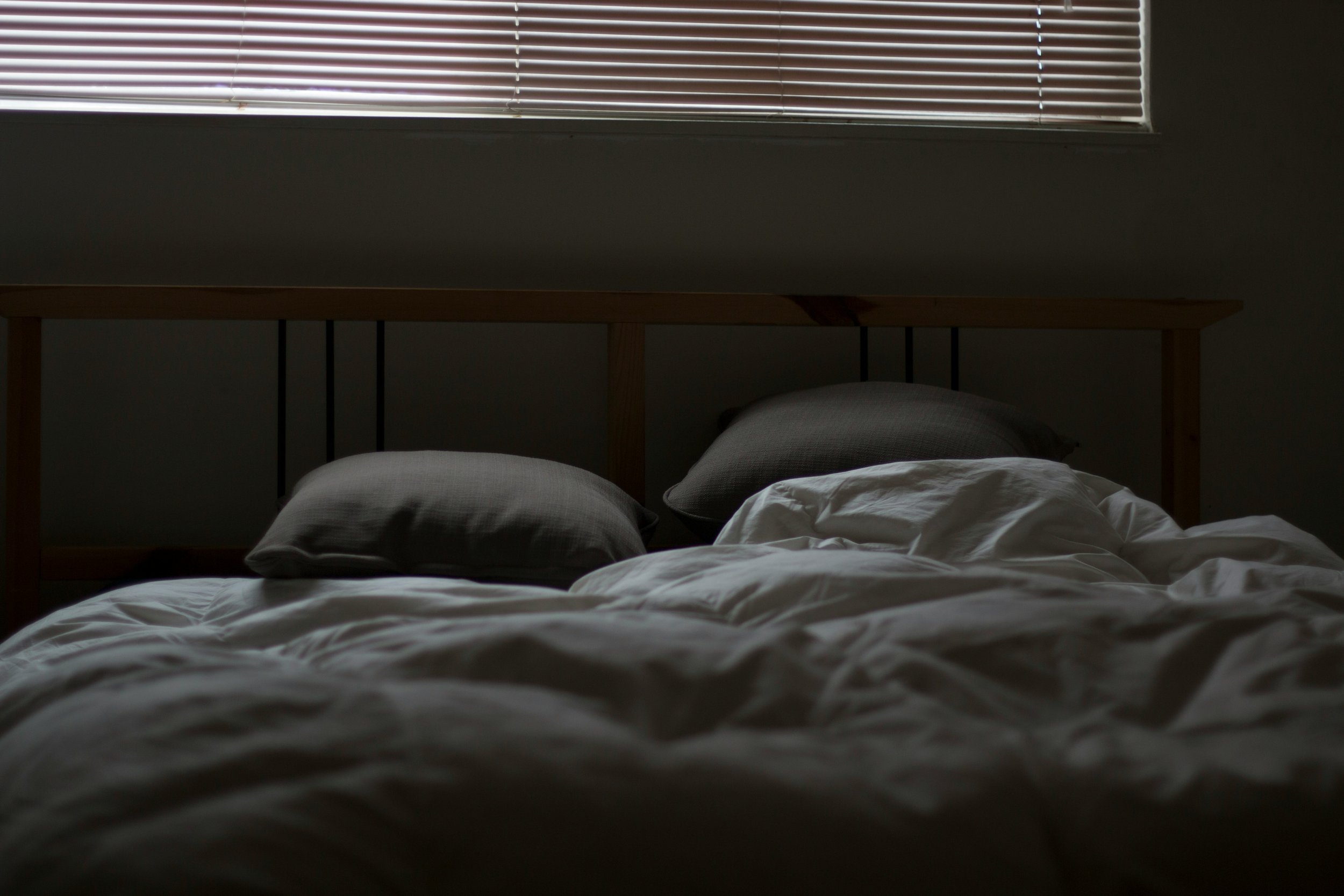Sleep hygiene check list
An optimum night’s sleep requires a specific set of habits, behaviours, and the appropriate environment to support relaxation, promote deep uninterrupted rest and ensure you wake up feeling refreshed and energised.
Upon waking, immediate exposure to daylight is crucial for regulating the circadian rhythm, as natural light signals the brain to reduce melatonin production and will help you feel more alert and awake.
Check your caffeine intake during the day. Caffeine is known for its stimulating properties in both coffee, certain teas and energy drinks. If you’re struggling to get to sleep at night, limit your caffeine to before lunch. Nicotine and alcohol are also stimulants and are well known for their negative effects on sleep quality.
Exercise contributes to good health; however, for some, too much activity after work or in the evening can cause sleep disturbances. Move your favourite high-intensity workouts to the morning or early afternoon. For later exercise in the day, opt for walking or a form of gentle yoga, and other slower activities.
Limiting screen time in the evenings, about 60 minutes before bedtime, is advisable, as the blue light emitted from mobiles, computers, and tablets is recognised by the brain as simulating daylight, which can interfere with melatonin production and disrupt sleep. Most mobile devices and tablets now have settings or timers that adjust the display to reduce blue light, such as 'Night Shift' on iOS or 'Night Mode' on Android. Additionally, apps like f.lux are specifically designed to reduce blue light on computers.
Evening meals should ideally be eaten roughly 3 hours before bedtime, as this helps regulate sugar levels and may improve metabolic health. Eating closer to bedtime can lead to discomfort, indigestion, and disrupt the body's ability to wind down for sleep. Keeping meals light and in smaller portions can help support better digestion.
Gentle bedtime routines help activate the parasympathetic nervous system, which promotes relaxation and prepares the body for sleep. Activities like reading, warm baths, mindfulness, meditation, essential oils, and breathing techniques can calm both the mind and body after a high-stress day.
Create a calm and relaxing sleeping environment by keeping your bedroom cool and quiet. Blackout curtains can help reduce additional light from entering. Your mattress and pillows should suit your specific needs, and seeking advice from a professional can ensure you have the appropriate setup. Remove any distractions, such as electronic devices, and keep the bedroom clutter-free.
If you are prone to waking up in the middle of the night for a toilet break, try to limit your intake of water or other liquids in the evenings.
Herbal supplements are sometimes used to reduce anxiety, improve relaxation, and enhance sleep quality. Many of these herbs have been traditionally used for centuries and are valued for their calming and stress-relieving properties. Adaptogens like ashwagandha, as well as valerian root and lavender, are commonly recommended. Orange blossom and chamomile tea are also known for their calming and sedative effects. Always consult your healthcare practitioner before taking any herbal supplements or teas, as they may interfere with other medications.
Avoid stressful and emotional conversations right before bedtime or in bed, whether on the phone or with partners. Difficult discussions are a sure way to increase stress, which can lead to worry. Lying in bed with looping thoughts or feelings of anxiety can make falling asleep very difficult. If this happens, get up and engage in your go-to relaxation activity before attempting to sleep again. Listening to guided meditations or practicing Yoga Nidra can help keep your mind occupied while your body begins to relax.
Photo by Quin Stevenson on Unsplash

